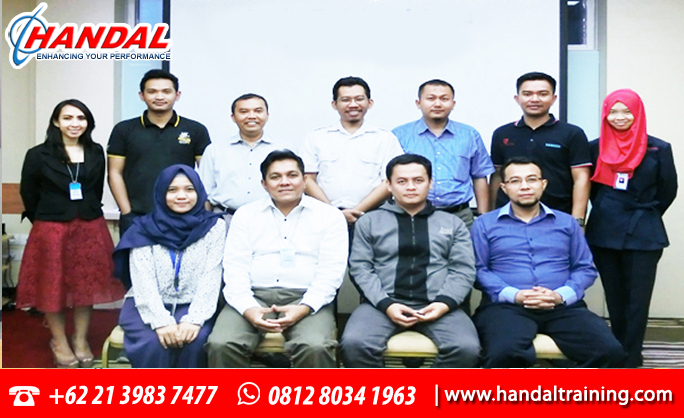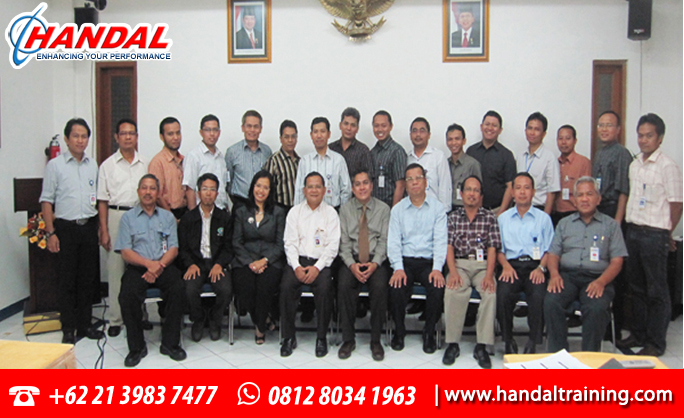
- Safety & Risk Assessment
Risk Based Inspection (RBI) based on API 580/581
FOREWORD
Risk Based Inspection (RBI) is an Optimal maintenance business process used to examine equipment such as pressure vessels, heat exchangers and piping in industrial plants. It examines the Health, Safety and Environment (HSE) and business risk of ‘active’ and ‘potential’ Damage Mechanisms (DMs) to assess and rank failure probability and consequence. This ranking is used to optimize inspection intervals based on site-acceptable risk levels and operating limits, while mitigating risks as appropriate. RBI analysis can be qualitative, quantitative or semi-quantitative in nature based on API 581
Handal Consulting & Training is a leading consultant in Reliability, Maintenance and Safety also provides a RBI Training for serve their client.
Accuracy is a function of analysis methodology, data quality and consistency of execution. Precision is a function of the selected metrics and computational methods. Risk presented as a single numeric value (as in a quantitative analysis) does not guarantee greater accuracy compared to a risk matrix (as in a qualitative analysis), because of uncertainty that is inherent with probabilities and consequences.
DEFINITIONS
- Risk allows people to view potential hazards that simultaneously accounts for both the likelihood and consequences of an event.
- Risk Based Inspection (RBI) is a systematic tool that helps users make informed business decisions regarding inspection and maintenance spending.
OBJECTIVES
- Evaluate current inspection plans to determine priorities for inspections
- Evaluate future plans for decision making
- Evaluate changes to basic operations as they affect equipment integrity
- Identify critical contributors to risk that may otherwise be overlooked
- Establish economic optimum levels of inspection as weighed against risk reduction
- Incorporate “Acceptable Risk” levels
PHOTO & DOCUMENTATIONS:


Training Schedule
30 March - 31 March 2026
19 May - 20 May 2026
7 July - 8 July 2026
25 November - 26 November 2026
Training Instructor
Training Fees
CLASSROOM (TATAP MUKA)
INCLUDED
- Lunch, Course Modules, Training KIT & training certificate and 2 x Coffee Break + Snacks.
WEBINAR (ONLINE)
INCLUDED
- E-modul, e-certificate.